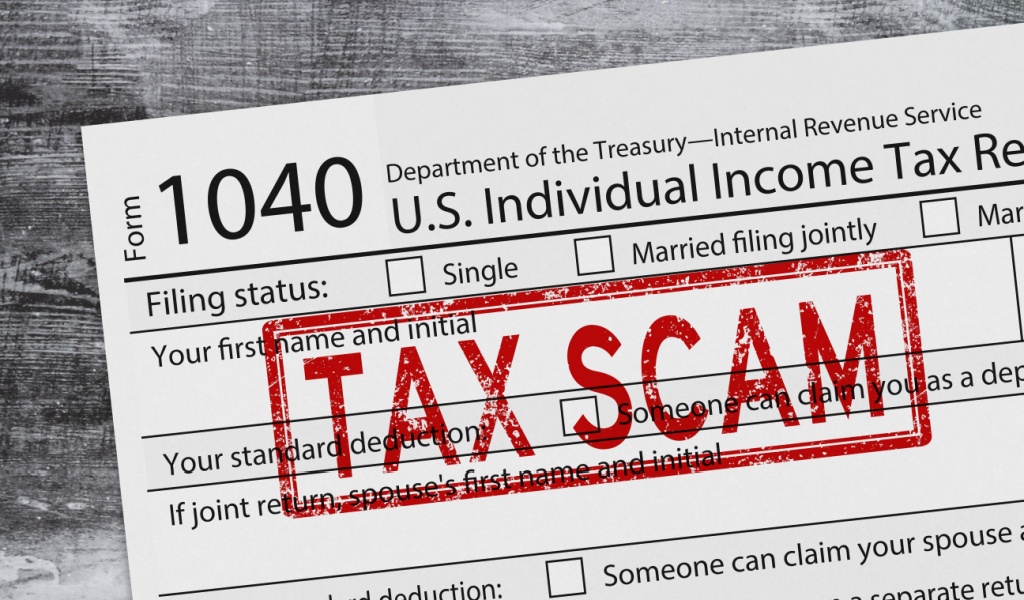In the current job market, layoffs have become a regular occurrence. Start-ups and large corporations alike have let a significant number of their employees go over the first half of 2023. Based on a website that tracks layoffs, over 100,000 workers had been laid off as of the end of February 2023. This even included mega giants like Amazon, Meta, Microsoft, and Alphabet, among various other companies.
Companies are laying off their employees mainly to save money and stay afloat. Given the unpredictable economic situation, many employees are concerned about the probability of losing their jobs. Employees must be proactive to avoid being left jobless and unsure of what to do next. Below are a few strategies to protect yourself from being laid off from work.

Keep Updating Your Skills
The initial step in avoiding layoffs is to continue to keep your skills correct and up to date. By following courses and attending seminars, you can keep up with the most recent advances in technology and market trends. This will increase the worth you bring to your company and your likelihood of being hired following a layoff. It is similar to adopting the seventh habit of a very productive person. “Hone your saw,”
Make an Impression on Clients
Even when companies are downsizing, they tend to take additional measures to ensure their payroll reductions have the most negligible impact on their clients. Therefore, an excellent way to keep your job is to get on your client’s good side. The stability of your job will depend on how important you are to your clients, both internally and externally.
Be a Team Player
Do everything in your power to work cooperatively with your colleagues. Everyone likes a team player! Plus, you can cultivate relationships with people from all delegations in your workplace. This approach can benefit your company and raise your possibility of surviving a layoff.
Create Trustworthy Connections
Developing reliable connections with your supervisors, business associates, and colleagues can be highly beneficial to you. Along with providing prospective employment leads and references, this will make it easier for you to get a new job in case you are laid off. Since a vast majority of jobs happen through recommendations, this must be taken into consideration. The strong connections you make through personal and professional situations can make finding new jobs easier.
Record Your Achievements
Keep track of your achievements and services in your current workplace. Asking about what you’ve achieved in your past work is common in appraisals and interviews, but people often find themselves floundering to think of anything in the moment. Reminding your employers about the value you bring to their organization may just help you avoid getting the boot! If you do end up losing your job, this will help show your worth to your future employer and make you stand out.
Take the Lead
Ensure to be proactive and take up new responsibilities and challenges. By showing your loyalty towards your company and willingness to take up new responsibilities, you can increase your worth to your employer. Moreover, this can minimize the possibility of you being removed from the job. Taking the lead will help bring attention to you and your work. It’s not just how hard you work that matters, but how much of it was recognized!
Expand Your Network
Your network is your safety net, so you should try and expand its reach as much as you can. Participate actively in your company events to gain recognition, meet new people, and widen your professional network. Outside of work, you can meet people through professional meets, through websites like LinkedIn, by volunteering for your local community, etc. Such connections will be immensely valuable if you have to look for a new job. Your professional network can help keep you updated on new opportunities and even make recommendations for you.

Be Flexible
Be flexible and willing to make modifications when required – you’re no one-trick pony! This approach will increase the worth you bring to the company. Moreover, it will increase your probability of being kept following a downsizing.
Stay Positive
Do maintain a positive approach and attitude. If you lose your job, a positive mindset can help increase your possibility of finding a new position and make you look more attractive to potential employers. Moreover, such an outlook will not just help your career but also help you live and long and happy life. Based on a study, individuals with a positive approach had a 23% less possibility of dying from heart failure and a 55% less possibility of dying from any other reason.
Observe The Financial Records of The Company
Watch the financial status of your company and be mindful of any early indications of possible future layoffs. If you notice any trouble, prepare yourself for a potential dismissal. Burying your head in the sand and hoping that your job won’t be affected isn’t an appropriate strategy – it will just leave you blindsided when the inevitable happens. Therefore, you should use this time wisely. This is an excellent time to upskill and prepare yourself to attend interviews!
Turn Negatives into Opportunities
The “survivors” of a company’s downsizing tend to be asked to take up additional responsibilities in case of the company’s decline. This eventually leads to resentment and disappointment. But if you can use this as an opportunity to add more value to your company instead of complaining, you may be able to advance your career effortlessly. Following that, even if you are laid off from work, the extra experience you gained during that time will raise your employability.
Expect To Deal with The Worst
Prepare yourself for the worst possible scenarios and have a backup financial plan ready in case you lose your job. Ensure to pay off all your debts as much as possible while trying to save money. If you don’t have one already, setting up an emergency fund is a smart choice at any time, but more so during times of financial turmoil. Some experts say an emergency fund should contain at least three months of living expenses, while others suggest six.
Bottom Line
Conclusively, there is no certainty that you will not be laid off. However, following the simple techniques above can help you be well-prepared for job loss. Moreover, it can make you seem more appealing to potential employers. You can increase your possibilities of surviving any economic downturn by being proactive, constantly updating your skills, developing strong connections, and being flexible and adaptable.



